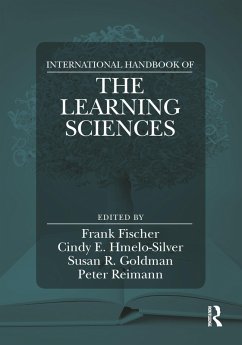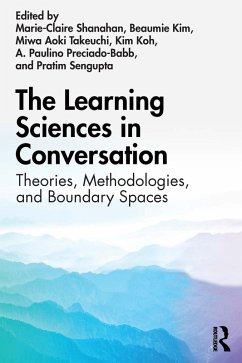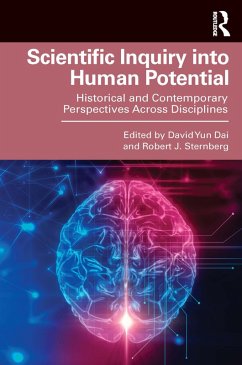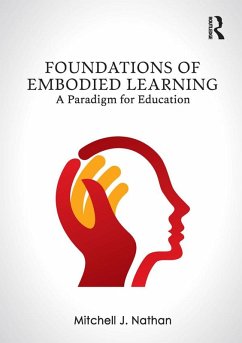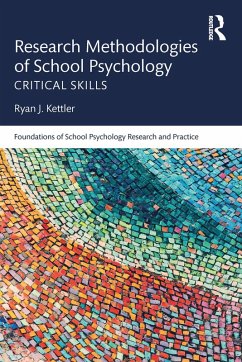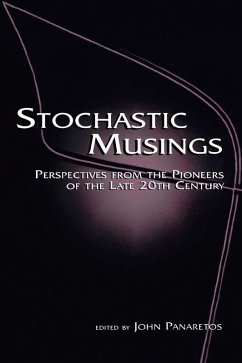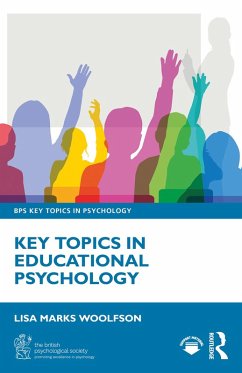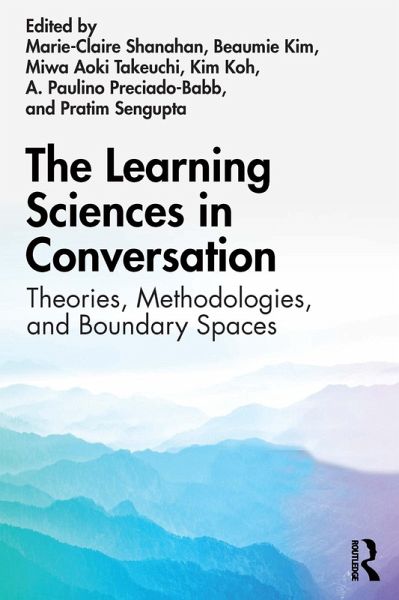
The Learning Sciences in Conversation (eBook, PDF)
Theories, Methodologies, and Boundary Spaces
Redaktion: Shanahan, Marie-Claire; Sengupta, Pratim; Preciado-Babb, A. Paulino; Koh, Kim; Takeuchi, Miwa Aoki; Kim, Beaumie
Versandkostenfrei!
Sofort per Download lieferbar
39,95 €
inkl. MwSt.
Weitere Ausgaben:

PAYBACK Punkte
20 °P sammeln!
The Learning Sciences in Conversation explores the unique pluralities, complex networks, and distinct approaches of the learning scientists of today. Focused on four key scholarly areas - transdisciplinarity, design, cognition, and technology - this cutting-edge volume draws on empirical and theoretical foundations to illustrate the directions, perspectives, methods, and questions that continue to define this evolving field. Contributions by researchers are put in dialogue with one another, offering an exemplary analysis of a field that synthesizes, in situ, various scholarly traditions and or...
The Learning Sciences in Conversation explores the unique pluralities, complex networks, and distinct approaches of the learning scientists of today. Focused on four key scholarly areas - transdisciplinarity, design, cognition, and technology - this cutting-edge volume draws on empirical and theoretical foundations to illustrate the directions, perspectives, methods, and questions that continue to define this evolving field. Contributions by researchers are put in dialogue with one another, offering an exemplary analysis of a field that synthesizes, in situ, various scholarly traditions and orientations to create a critical and heterogenous understanding of learning.
Dieser Download kann aus rechtlichen Gründen nur mit Rechnungsadresse in A, B, BG, CY, CZ, D, DK, EW, E, FIN, F, GR, HR, H, IRL, I, LT, L, LR, M, NL, PL, P, R, S, SLO, SK ausgeliefert werden.




